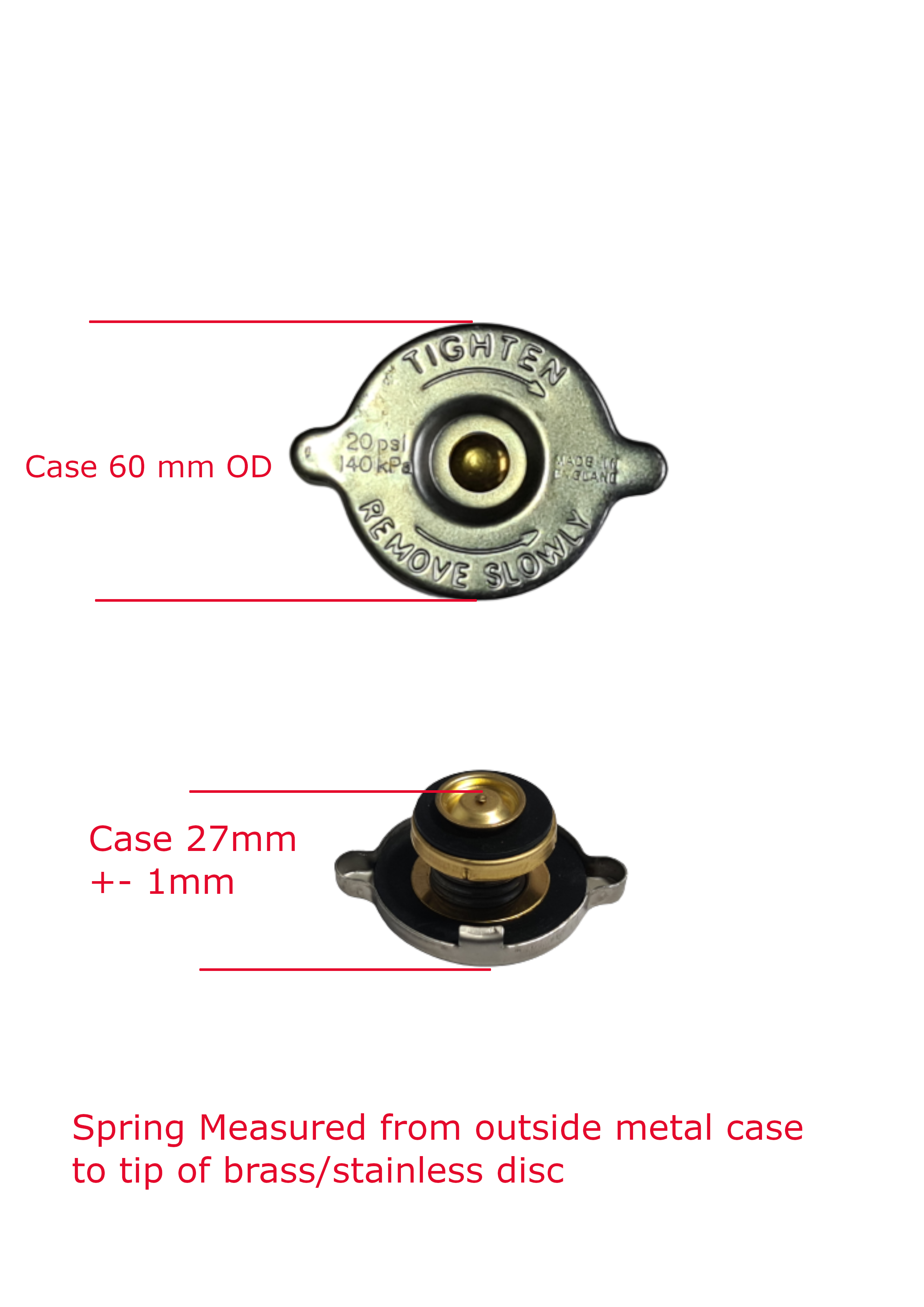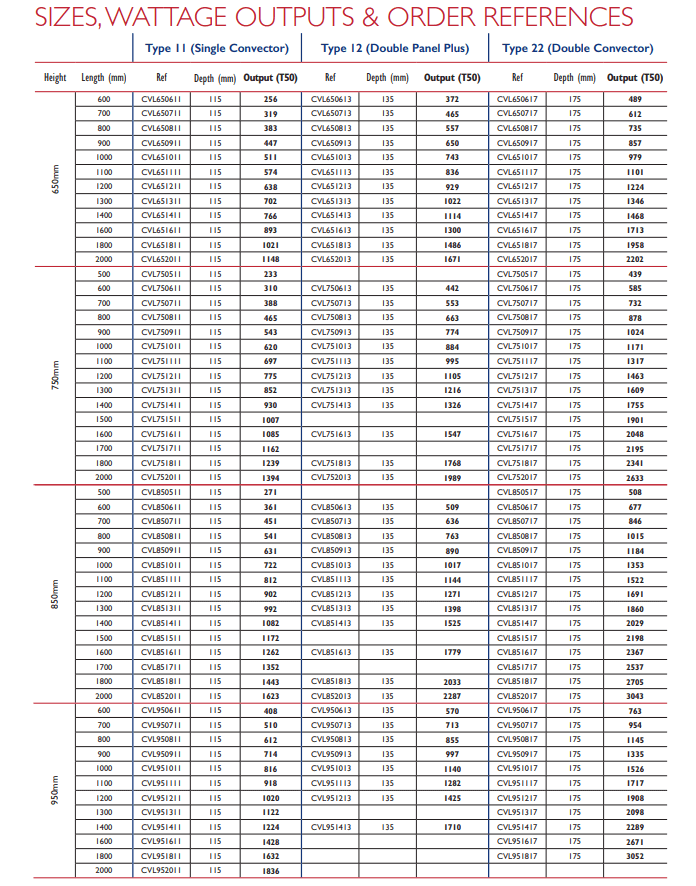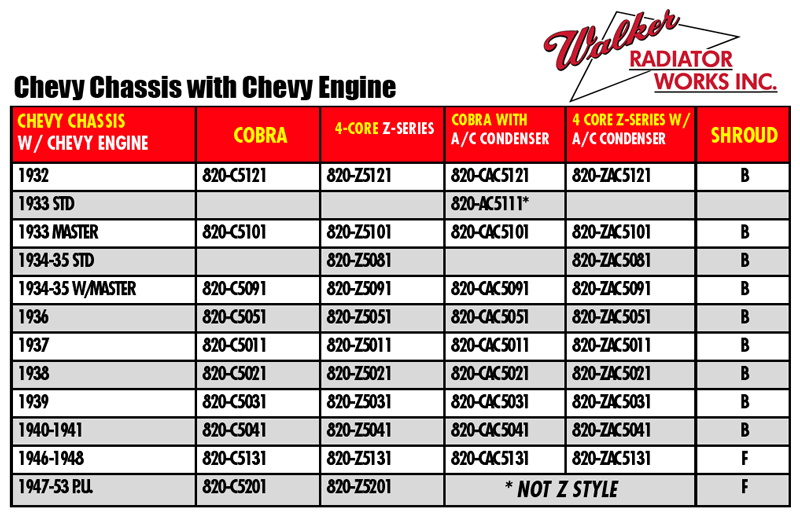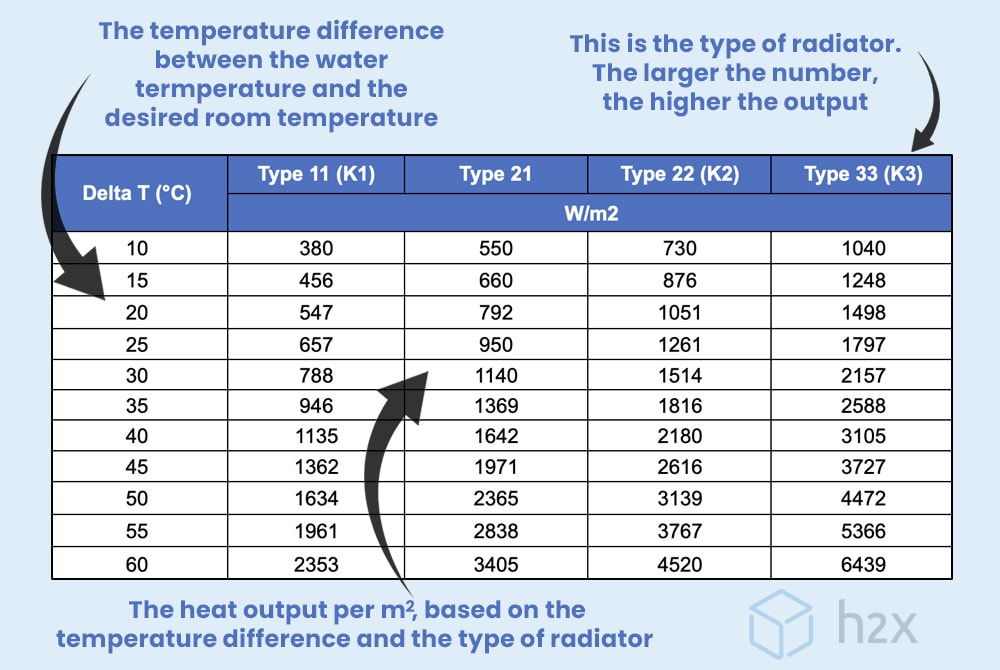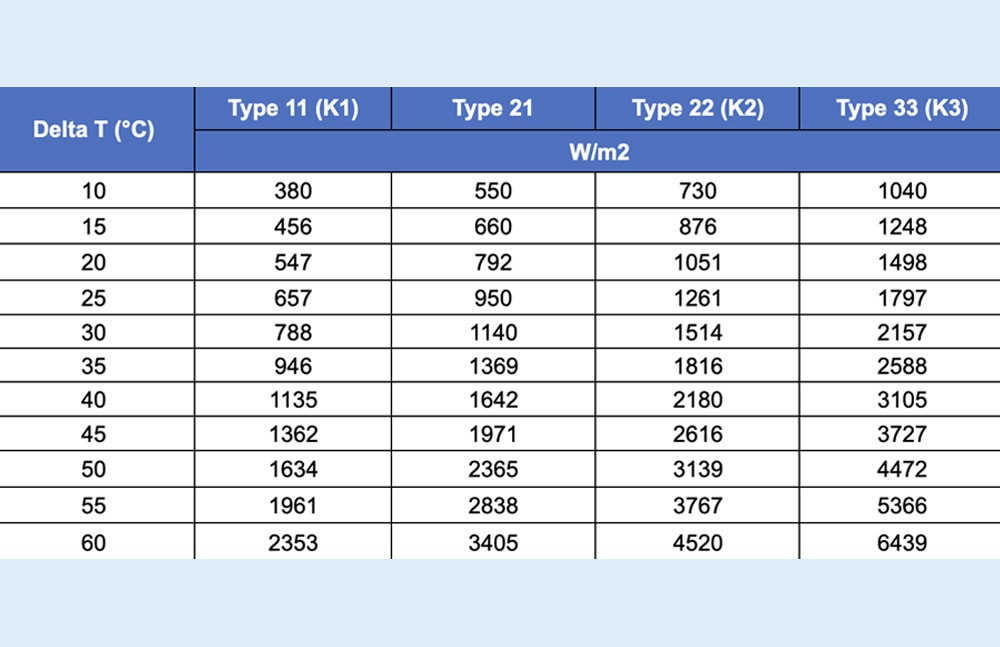First, it acts as a lid for your radiator, preventing coolant from spilling out. Depending upon the original application you will see original radiator caps rated for anywhere from 13 psi up to 18 psi. Web a properly functioning radiator cap ensures the pressure is within the manufacturer’s recommended range, typically indicated on the cap itself. However, it is essential to consider the specific requirements of your vehicle and cooling system before making any changes. Web by following these best practices and understanding the technical details of radiator cap pressure ratings, you can ensure your vehicle’s cooling system operates at peak efficiency, preventing overheating and extending the life of your engine.
Second, and more importantly, it maintains the correct pressure level within your car’s cooling system. If you choose the wrong radiator cap with an incorrect pressure rating, it can lead to coolant loss, overheating, and potential damage to your engine. Web typically, radiator caps last anywhere from 3 to 7 years. Web radiator caps are critical to catch coolant overflow, keeping your engine cooling system operating at optimal pressure and temperature, and your vehicle operating at optimal performance. Let's take a look at what a cap looks like in cross section:
Web typically, radiator caps last anywhere from 3 to 7 years. Choose the perfect radiator cap: Second, and more importantly, it maintains the correct pressure level within your car’s cooling system. Web by following these best practices and understanding the technical details of radiator cap pressure ratings, you can ensure your vehicle’s cooling system operates at peak efficiency, preventing overheating and extending the life of your engine. Web in this video, we will explain how the radiator cap works, including its role in controlling the boiling and boiling points of the coolant and ensuring the engine stays within the appropriate.
Web by following these best practices and understanding the technical details of radiator cap pressure ratings, you can ensure your vehicle’s cooling system operates at peak efficiency, preventing overheating and extending the life of your engine. Depending upon the original application you will see original radiator caps rated for anywhere from 13 psi up to 18 psi. Web how to choose the right radiator cap by dimension, pressure, and size. Second, and more importantly, it maintains the correct pressure level within your car’s cooling system. The cap contains a pressure valve and a. If you notice any signs of wear or corrosion, it’s probably time to replace the cap. Web a properly functioning radiator cap ensures the pressure is within the manufacturer’s recommended range, typically indicated on the cap itself. However, it is essential to consider the specific requirements of your vehicle and cooling system before making any changes. Web in this video, we will explain how the radiator cap works, including its role in controlling the boiling and boiling points of the coolant and ensuring the engine stays within the appropriate. Notice that the poppet at the bottom is spring loaded, and thus normally closed. Let's take a look at what a cap looks like in cross section: Web radiator caps are critical to catch coolant overflow, keeping your engine cooling system operating at optimal pressure and temperature, and your vehicle operating at optimal performance. Web a radiator pressure cap is a small, typically metal cap located on the radiator’s top, which serves a dual purpose. This doesn't mean what you might expect. Web typically, radiator caps last anywhere from 3 to 7 years.
However, It Is Essential To Consider The Specific Requirements Of Your Vehicle And Cooling System Before Making Any Changes.
Web radiator caps are critical to catch coolant overflow, keeping your engine cooling system operating at optimal pressure and temperature, and your vehicle operating at optimal performance. Web a properly functioning radiator cap ensures the pressure is within the manufacturer’s recommended range, typically indicated on the cap itself. Web how to choose the right radiator cap by dimension, pressure, and size. The cap contains a pressure valve and a.
Second, And More Importantly, It Maintains The Correct Pressure Level Within Your Car’s Cooling System.
First, it acts as a lid for your radiator, preventing coolant from spilling out. If you notice any signs of wear or corrosion, it’s probably time to replace the cap. Web by following these best practices and understanding the technical details of radiator cap pressure ratings, you can ensure your vehicle’s cooling system operates at peak efficiency, preventing overheating and extending the life of your engine. Web in this video, we will explain how the radiator cap works, including its role in controlling the boiling and boiling points of the coolant and ensuring the engine stays within the appropriate.
Depending Upon The Original Application You Will See Original Radiator Caps Rated For Anywhere From 13 Psi Up To 18 Psi.
Let's take a look at what a cap looks like in cross section: This doesn't mean what you might expect. If you choose the wrong radiator cap with an incorrect pressure rating, it can lead to coolant loss, overheating, and potential damage to your engine. Choose the perfect radiator cap:
Web Typically, Radiator Caps Last Anywhere From 3 To 7 Years.
Web the cap’s pressure rating has nothing to do with regulating your engine’s coolant temperature, nor will it make your engine run cooler. Notice that the poppet at the bottom is spring loaded, and thus normally closed. Web radiator cap pressure ratings typically range from 0.5 bar (7 psi) to 1.3 bar (19 psi), with the latter offering a more significant increase in the boiling point of the coolant. Web a radiator pressure cap is a small, typically metal cap located on the radiator’s top, which serves a dual purpose.

